PUBLISHERS NOTE
This volume of Karl Marxs Economic and Philosophic Manuscripts of 1844 was translated from the German text contained in Marx-Engels, Gesamtausgabe , Abt. I, Bd. 3. Corrections were made of typographical errors and the authors obvious slips spotted by the Institute of Marxism-Leninism of the Central Committee of the C.P.S.U. when preparing the latest Russian edition (K. Mapc, .  H
H 

 C,
C,  3 PaHHu
3 PaHHu  npou3eehu
npou3eehu  , 1956).
, 1956).
The Appendix to the present volume contains Outlines of a Critique of Political Economy by F. Engels, translated from the German text contained in Marx-Engels, Gesamtausgabe , Abt. I, Bd. 2.
The present volume was translated by Martin Milligan, who also supplied notes on Hegelian terminology and most of the footnotes.
Bibliographical Note
This Dover edition, first published in 2007, is an unabridged republication of the work originally published by Foreign Languages Publishing House, Moscow, in 1961.
Library of Congress Cataloging-in-Publication Data
Marx, Karl, 1818-1883.
Economic and philosophic manuscripts of 1844 / Karl Marx ; translated and edited by Martin Milligan.Dover ed.
p. cm.
Originally published: Foreign Languages Pub. House : Moscow, 1961.
9780486113203
1. Capital. 2. Economics. I. Title.
HX39.5.A224 2007
335.412dc22
2007002151
Manufactured in the United States of America Dover Publications, Inc., 31 East 2nd Street, Mineola, N.Y 11501
INTRODUCTION
Economic and Philosophic Manuscripts of 1844 are a rough draft of Karl Marxs first economic investigation. The subject of this unfinished work, which has come down to us incomplete, is a criticism of the bourgeois political economy and the bourgeois economic system.
The title given by the Institute of Marxism-Leninism, Economic and Philosophic Manuscripts of 1844 , embraces three manuscripts. The first and earliest is largely of a preparatory nature; Marxs own observations and conclusions alternate in it with passages from bourgeois and petty-bourgeois economists. Just the four last pages have survived of the second manuscript. The third manuscript consists of supplementary remarks to the missing pages of the second manuscript. They refer to such matters as private property and labour, private property and communism, and the power of money in bourgeois society. A large section of the third manuscript is devoted to a critical analysis of Hegelian dialectic and Hegelian philosophy on the whole.
In all three manuscripts emphasis is laid on the estrangement of labour, or the alienation of the labourer in capitalist society. The category of estrangement was prominent in Hegels philosophy and particularly in Feuerbachs philosophic criticism of religion. However, Hegel spoke of the alienation of self-consciousness and Feuerbach of the alienation of the abstract, non-historical and non-class man. Marx speaks of the estrangement, or alienation, of the labourer. He imparts an entirely new economic, class and historical content to the conception of estrangement. By estrangement, or alienation, Marx means the forced labour of the labourer for the capitalist, the appropriation by the capitalist of the product of a workers labour and the separation of the labourer from the means of production which, being in the capitalists possession, confront the labourer as an alien, enslaving power. Here Marx comes close to an exposition of the characteristic features of capitalist exploitation.
As he criticises the bourgeois economists from the standpoint of socialism Marx reveals and emphasises the inimical mutual antithesis of labour and capital. He shows that the more wealth a labourer produces under capitalism the poorer he grows, that the very process of the economic development of capitalist society leads inevitably to revolution and raises the question of workers emancipation, which, as he points out, contains universal human emancipation.
Speaking of the estrangement of labour as of an economic fact, Marx underscores that reference is made to real, objective life and that the struggle to eliminate this estrangement is a practical revolutionary struggle for a communist remodelling of all society. He notes the tremendous importance of material productionthe ordinary industrial productionin mans history and its influence on religion, law, morals, science, art, etc. Unlike Hegel and Feuerbach, Marx turns to a specific, materialistic study of man, stressing the latters active part in nature and society.
In his Economic and Philosophic Manuscripts of 1844 Marx is still under the strong influence of Feuerbach, which comes to the surface, in particular, in his overestimating Feuerbach and in the fact that he makes use of such Feuerbachian concepts as manthe species being, naturalism, humaneness, etc., in proving some of the points of the new world outlook he was then developing, although he does impart to these terms a new content. It is not just the Feuerbachian terminology, but the Hegelian as well, that Marx still uses in all three of his manuscripts. But in spite of Feuerbachs appreciable influence, Marx begins in this early work to lay the foundation of that revolutionary materialistic world outlook which was soon further developed in The Holy Family and, in particular, The German Ideology .
The Appendix contains Frederick Engelss Outlines of a Critique of Political Economy , which he began in late 1843 and completed in early 1844. In it Engels examined the principal phenomena of the contemporary economic order from a socialist standpoint and concluded that they were necessary consequences of the rule of private property (Lenin). In this his first and as yet insufficiently mature work in the sphere of social science Engels began a critique of bourgeois political economy and with it a critique of capitalist society from the point of view of the enslaved and exploited masses. In criticising the bourgeois economists, Engels dealt at length with the misanthropic Malthusian theory of population. He proves the utter absurdity of this theory and lays special stress on the part played by scientific progress in developing the productive forces of society.
The Institute of Marxism-Leninism of the Central Committee of the C.P.S.U.
TRANSLATORS NOTE ON TERMINOLOGY
(The translator offers the following notes on certain important German terms which are frequently used in the material translated in the present volume, partly to explain the way in which they have been translated, and partly as an aid to understanding the texts.)
Aufheben (past tense: aufhob, p.p. aufgehoben; noun: Aufhebung ).



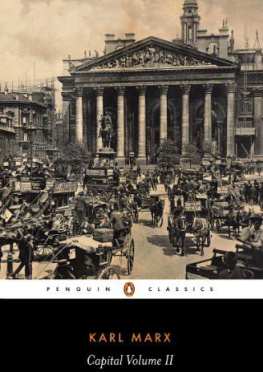



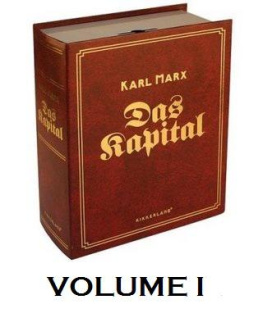
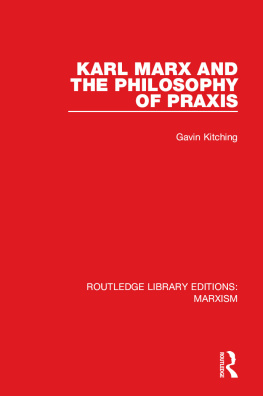



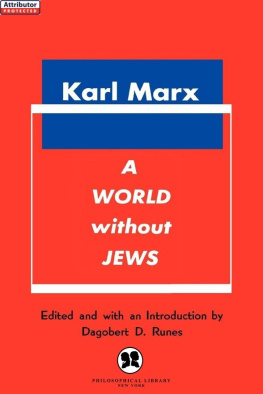

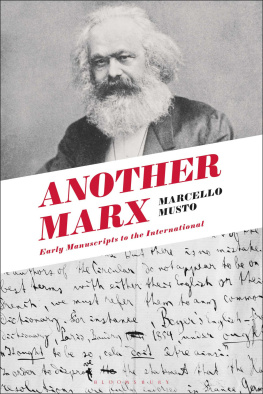
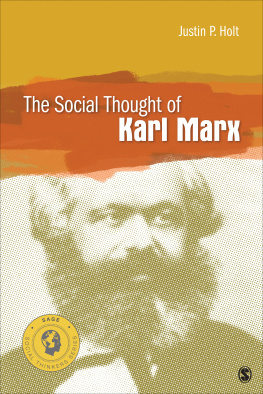

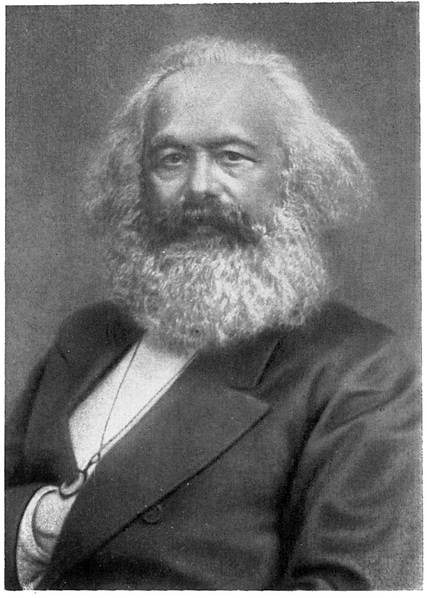
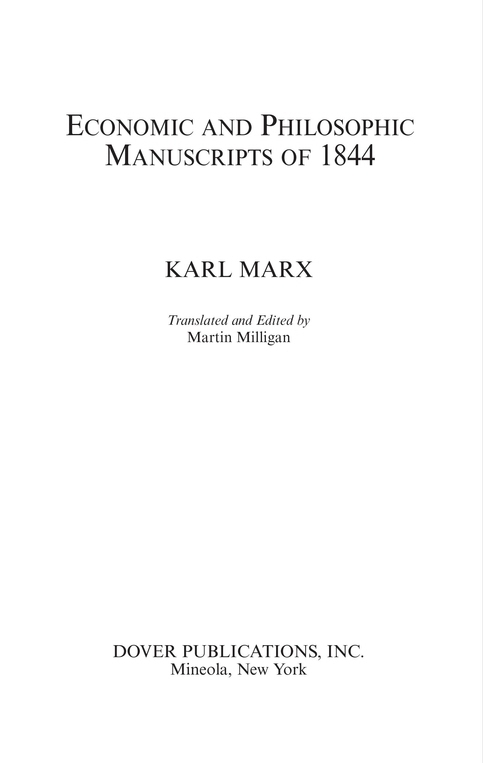
 H
H 

 C,
C,  3 PaHHu
3 PaHHu  npou3eehu
npou3eehu  , 1956).
, 1956).